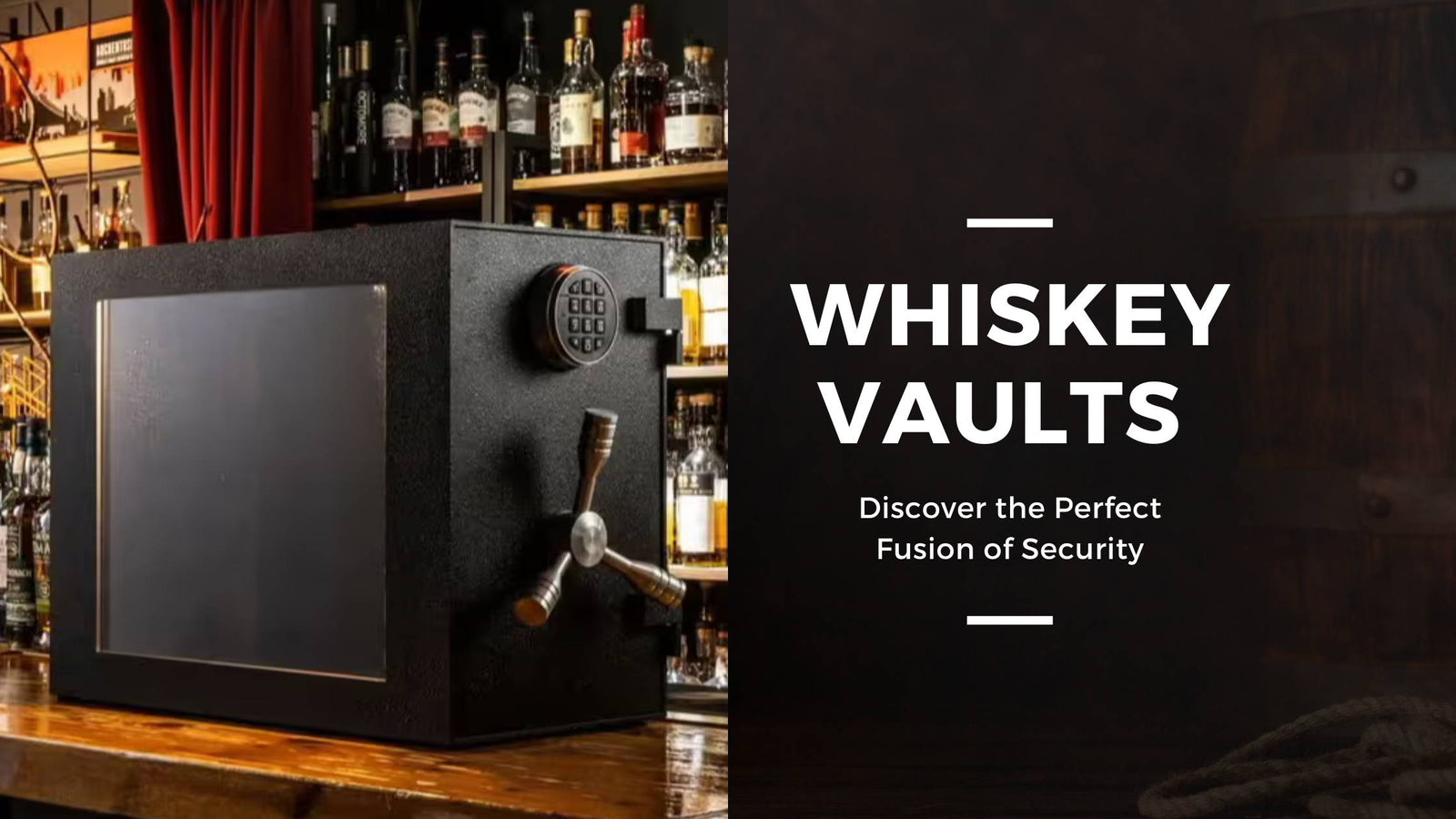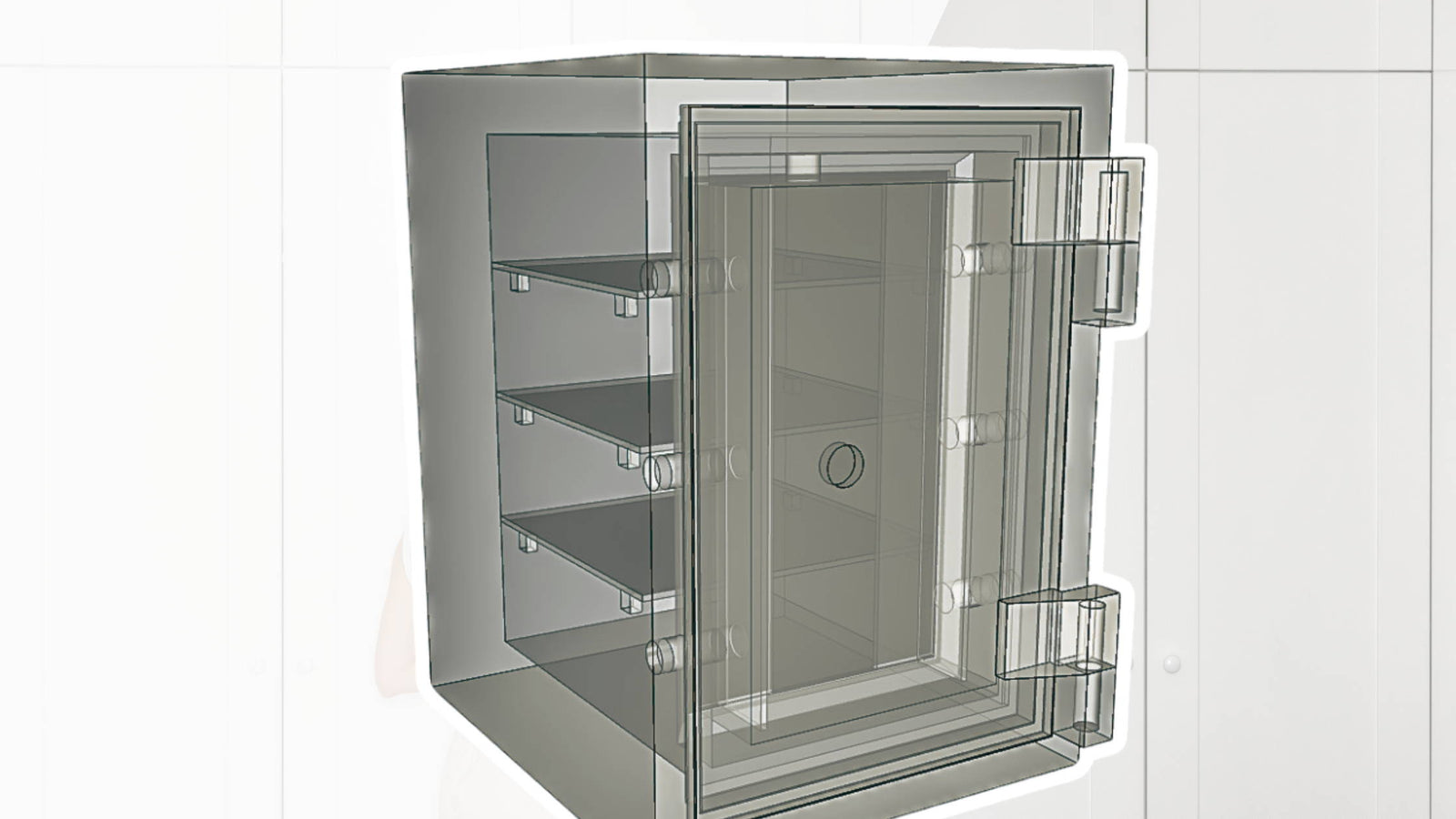There are a lot of
different safes on the market for a lot of different purposes. All of them have different prices and most of them boast of different safety ratings. On your way to purchasing a home safe it is important to understand exactly what some of the more common security ratings mean. For the most part these security ratings are assigned by independent third-party organizations so that they can provide a truly unbiased assessment of a safe’s qualities. We’re going to look at one of the more common set of safety ratings provided by Underwriters Laboratory or UL.
Residential Security Container (RSC)
This is one of the more common and basic security ratings assigned by UL. In order to attain an RSC rating, a safe must withstand attempted entry for 5 minutes of net working time. During this test, common burglary tools are used to assault the safe from all angles (besides the top and bottom) for 5 minutes. It must withstand drilling, prying, chiseling, punching, and any other sort of tampering for the allotted time. For the RSC rating there is no minimum thickness nor other criteria other than the ability to withstand assault for 5 minutes.
TL-15 Security Rating
This test is also conducted by Underwriters Laboratory and means that the safe can withstand an assault for 15 minutes from all sides. The tools used in the test are a little bit more sophisticated than those used for the RSC test and include high powered drills and saws. The safe walls must be at least 1 inch thick to comply with this safety rating. Engineers are often employed during this test to search for weaknesses before beginning to work on it with tools.
TL-30 Security Rating
This is a very similar test to the TL-15 but, as you have probably guessed, safes with the TL-30 rating must be able to withstand assault for thirty minutes of networking time. These tests have a few more tools than the TL-15 and a lot more time. Engineers, as with the TL-15 test, can look at blueprints to find weaknesses before they begin assaulting the safe. Both the TL-15 and TL-30 are recognized by insurance companies for their advanced security features.
Additional Ratings
Lastly, there are some additional security ratings that boast even higher credentials than the TL-30. For example, the TL-30×6 is the same test as the TL-30 but all 6 sides can be assaulted during the test. Additionally, there is the TRTL-30 which is the same test as the TL-30 but with the addition of a torch to try and break the safe open.
To see safes that meet these security ratings and more visit
safeandvaultstore.com today.




